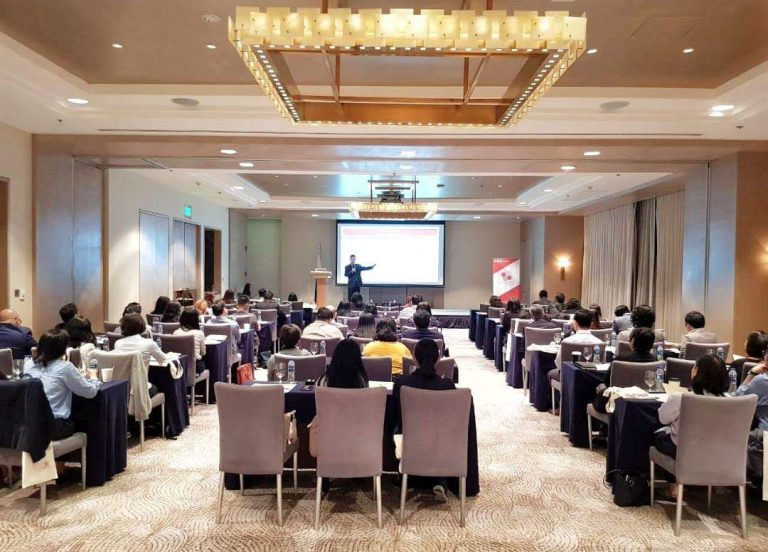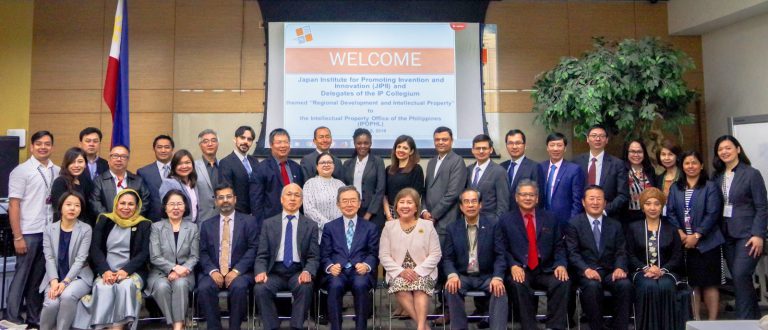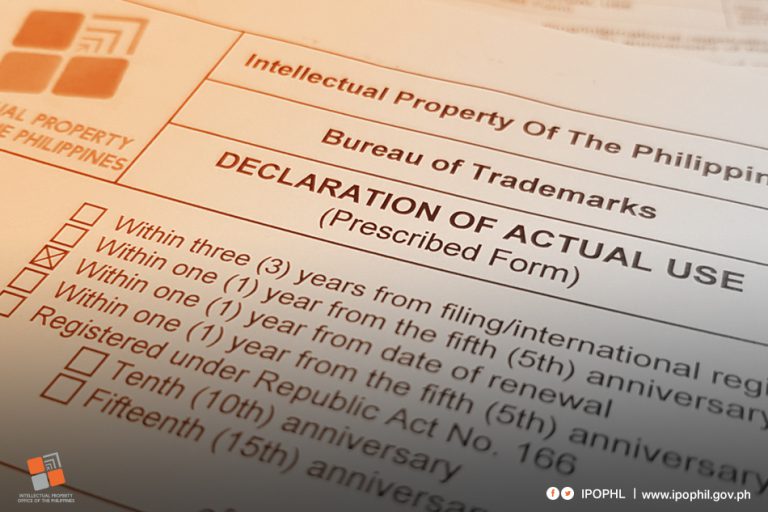
USTR keeps PH out of watchlist for 10 years, cites best practices in IP awareness
April 28, 2023
The Philippines has remained to keep out of the Special 301 Report’s watchlist for the 10th consecutive year while also garnering positive recognition for its efforts to raise intellectual property (IP) awareness on national and local levels.
“The country’s continued exclusion from the United States Trade Representative’s (USTR) list of countries with major IP concerns reflects wins from the awareness and regulatory efforts of the IP Office of the Philippines (IPOPHL). It also shows our close coordination with members of the National Committee on Intellectual Property Rights (NCIPR) and other stakeholders and partners as we work to become a greater example to the global IP community,” Director General Rowel S. Barba said, noting that the report even cited some of IPOPHL’s work as models for best practices.
Particularly, the 2023 report mentioned IPOPHL’s IP Colloquium for the Judiciary, which provided training for judges of special commercial courts and organized workshops for law enforcement agents and prosecutors.
Such activity showed “the active participation of government officials in technical assistance and capacity building,” the USTR reported.
The USTR also recognized IPOPHL’s Raising the Economy by Acquiring Protection of the IP of your Community or REAP IP Program which has engaged over 160 local government units (LGUs) on IP awareness.
“Our chances in battling with counterfeiting, piracy and all IP rights violations is only as strong as the IP awareness of the nation. This is why we have the utmost gratitude towards our domestic and international cooperation partners for sharing with us their know-how in developing an IP-conscious community,” Barba said.
He added that IPOPHL has also been working with more public and private-sector offices to promote the adoption of Anti-Counterfeit and Anti-Piracy (ACAP) policies.
Once again, the report cited the Philippines as one of the “leading sources of counterfeit medicines distributed globally.”
“IPOPHL remains to challenge the publication on this. We hope they could obtain more recent available data to reflect the enforcement efforts taken after the 2014-2016 data provided by the Organisation for Economic Co-operation and Development (OECD) which was the basis of the USTR finding,” Barba added.
The Report also mentioned slow opposition or cancellation proceedings in the Philippines but did not elaborate. Barba said IPOPHL is working to implement new rules that will further shorten the total process timeline.
GI protection, not automatic
The Special 301 Report also said the European Union’s expansion of its GI system among trading partners is “highly concerning” as it “significantly undermines” trademarks held by US producers and limits market access of goods that rely on the use of common names, such as parmesan or feta.
Barba assured that IPOPHL will not grant automatic GI protection and that every GI application will undergo search and examination and publication for any interested party to object or oppose an application before registration and protection.
“It is in the best interest of the Philippines that we extend GI protection to other goods such as weaves, handicrafts and other food products in which we find strength and competitive advantage. It is likewise in the interest of the Philippines that we establish a protection system that ensures transparency, due process and fairness in the law, regulations and practices. It is primordial that we respect prior trademark rights and not restrict the use of common names because we envision a GI system that will not serve as a trade barrier,” Barba said.
To recall, IPOPHL issued last year Memorandum Circular 22 which promulgated and brought the GI Regulations of 2023 to take effect on 21 November 2022.
“The issuance primarily aims to promote and enhance GI protection as a separate IP right recognized in the IP Code; promote respect and the effective use of the IP system; and build the competitive advantage of our local products. These are our guiding principles that serve our national interest regardless of who our trading partners may be,” Barba added.
The Special 301 Report is the USTR’s annual review of the adequacy and effectiveness of the IP rights protection and enforcement practices of over 100 US trading partners.







